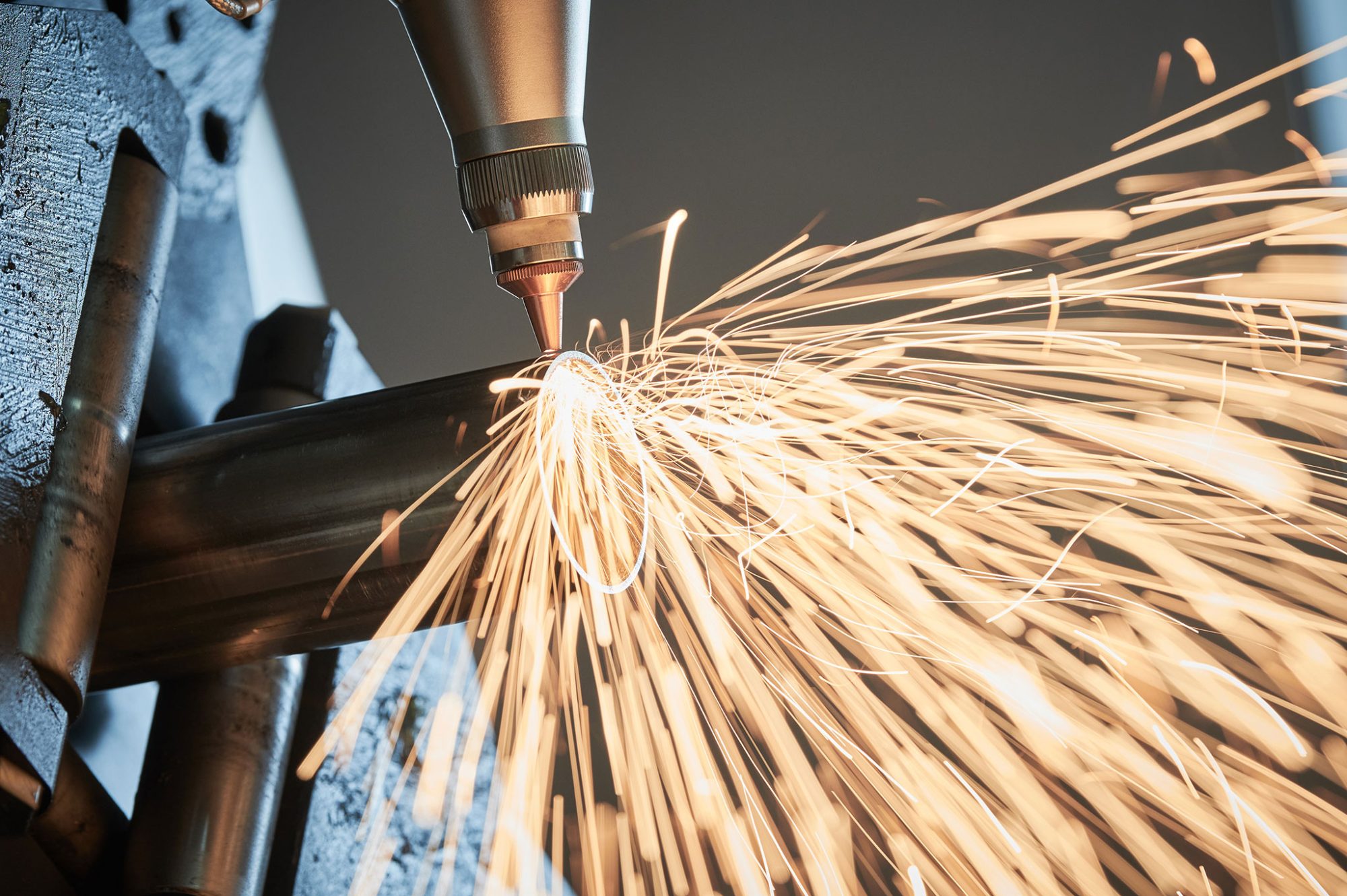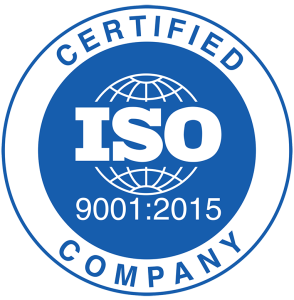Firstly, know that abrasion is what happens when two materials rub together over a long period time. However, it is sometimes deliberate for instances like grinding, sanding and blasting. Unintended abrasion can happen too though. This is never good news as it can lead to failure of the components. At Union Steel we have learned about the issues it can cause in our time manufacturing ERW tubes.
To ensure that abrasion doesn’t occur as easily or often, there are measures that can be taken. Steel is generally good for abrasion resistance, however not all alloys are the same. Some are specifically made to prevent it.
Typically any steel that is specifically made to withstand abrasion is made from carbon, iron ore, and other alloys. Using a blast furnace, the iron ore is melted and any contaminants are removed. During this process the alloy elements and carbon are added. To ensure the steel produced has an improved abrasion resistance, more carbon and alloys have to be added such as manganese and chromium; these are especially beneficial as they prevent oxidisation.
The alloy elements added to any type steel change its chemical composition. In the instance of abrasion resistant varieties, this is why it is more immune than other types. Carbon increases the strength and hardness, while the alloys avert the effects of wear.
Keeping this in mind, there are many uses for this kind of steel including in the form of ERW tubes. The tubing is required for many applications such as in automotive, oil, construction and other engineering based industries. What’s advantageous about the material is the array of available types and methods of making it to suit its purpose.
Here at Union Steel we specialise in producing a plethora of different types of tubes, providing for many industries. We are ISO 9001 approved, making us a reliable source of such products. If you require any advice or our services please contact us today.


